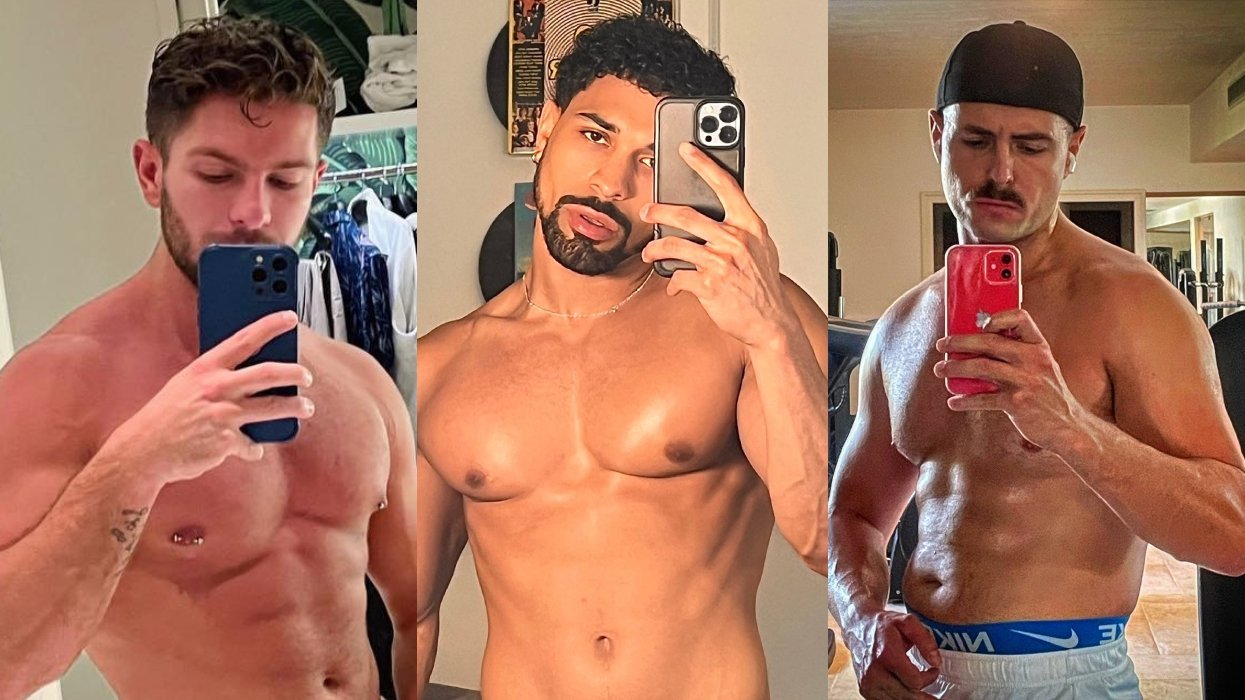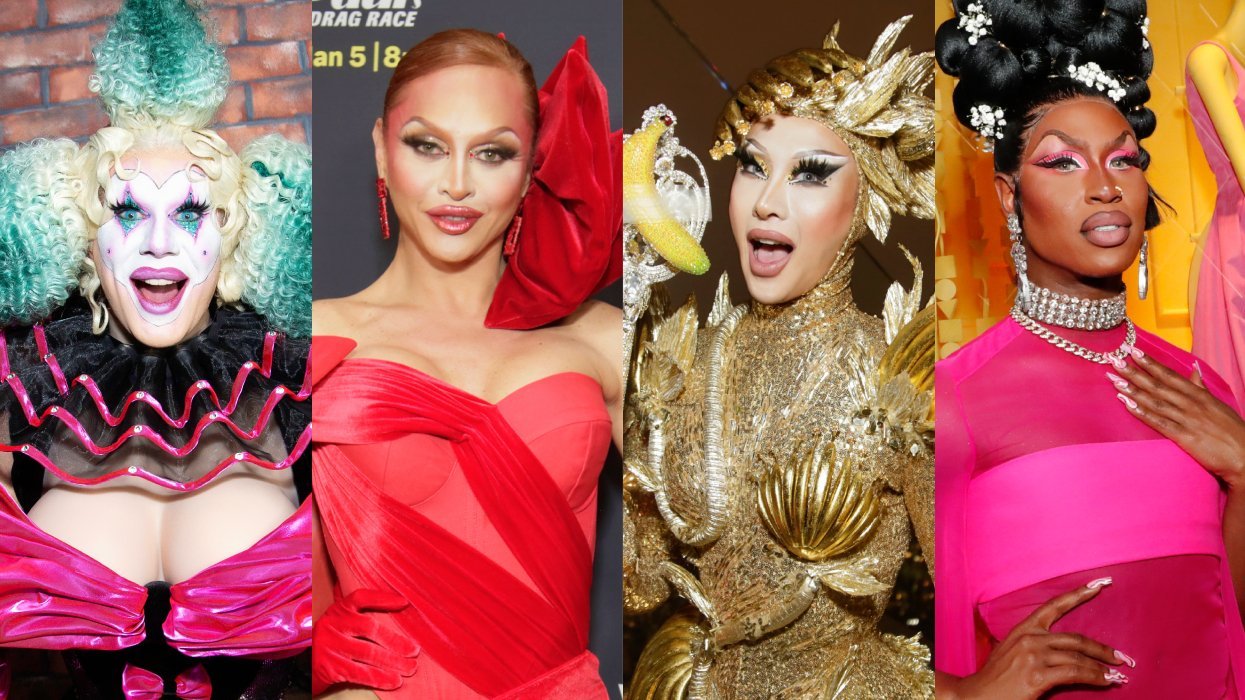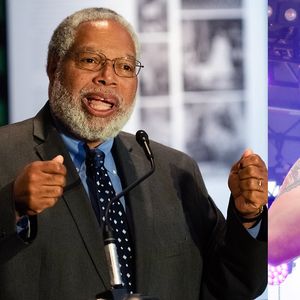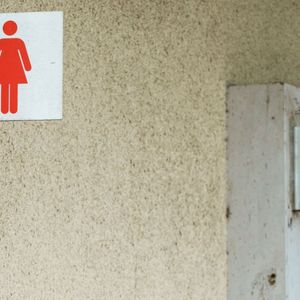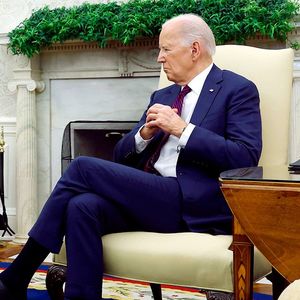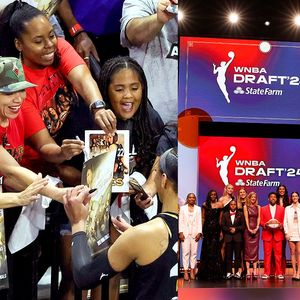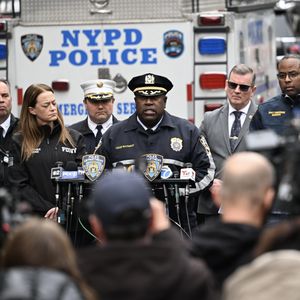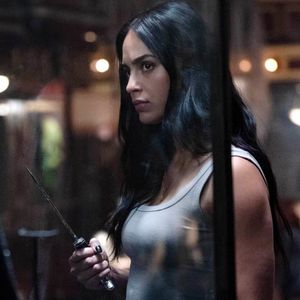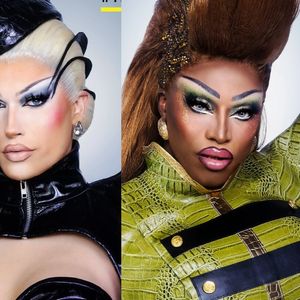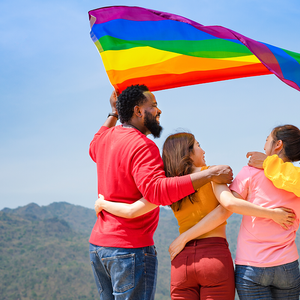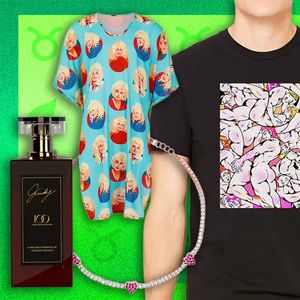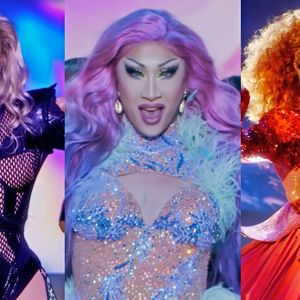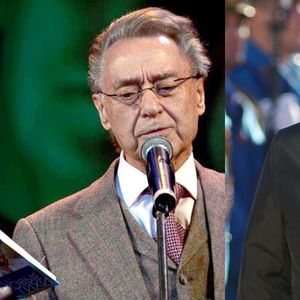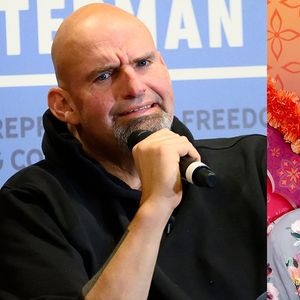In 2008, The Advocate ran a cover story asking if "Gay Is the New Black?," drawn from comparisons between the African-American civil rights movement and the LGBT community'sstruggles for equality. In the wake of the election of Barack Obama (with support from a majority of gays) and the passage of Prop 8 in California (with support from a majority of blacks), African-American LGBTs found themselves caught between two movements. The opportunistic evangelical right, sensing a prospective ally, extended its withered claw to the church --traditionally the pillar of the black community, and the cradle of the civil rights movement-- to further their own anti-gay agenda. With her new documentary, The New Black (screening Feb. 12-18 at Film Forum in New York City), filmmaker Yoruba Richen (pictured, below) presents a fascinating portrait of race, religion, and rights against the backdrop of the 2012 election in Maryland, whose significant African-American voting population was poised to make an historical statement.
 Do you think the African-American community is justified in feeling that the LGBT community has co-opted the civil rights movement?
Do you think the African-American community is justified in feeling that the LGBT community has co-opted the civil rights movement?
I think that was the initial feeling about the LGBT movement --this sort of "gay is the new black" --equating it and not really understanding it and understanding why African-Americans would find that offensive. Since Prop 8, there's been a lot of work done to repair that perception. The LGBT community is actually more careful. [For example,] the outreach we saw here in Maryland to elevate black LGBT voices; that it's not us against them and that the only way we're going to win and promote equality is to work together. It's going to be very interesting as we move forward and we see some issues that are very important to the black community that have been rolled back --like voting rights-- and how the LGBT community is going to support those issues.
Since the face of marriage equality struggle has been predominantly white and upper-middle class, do you think black people -- particularly black LGBTs -- have trouble identifying with it?
Yes, absolutely. Not just the face of the LGBT marriage movement, but also who you see in the media. We don't see ourselves, and so we're invisible. Our voices are not heard. I think that's changing a little bit, but I think that is definitely a factor. You know, that has to do with us being black people in this society. We often are not seen in our fullness in the media at all.
How do you feel about the extreme right's manipulation of the black church and the black community in its struggle to outlaw gay marriage?
When I discovered that's what happened, I found it fascinating on a sort of political machination level. And that's the way politics often works. Especially in this country: Working with one group on an issue... even though the Christian right may not have supported us in any other issue. They might have even worked against us in other issues. But here, they found an opening with the black church. And I think it shows the cynical nature of our politics. The co-optation that can happen. Now it's been exposed and I think it's a thing of the past, but it's important to know that that's what happened. If you look at what's happening in other countries, like Uganda, you see the evangelical right has been part of pushing those countries' homophobic laws against gay people.
What is the biggest obstacle that LGBT people of color face today?
Because we're people of color, and not just black, but Latino, Asian, or LGBT immigrants, we deal with a lot of intersectionality. We have not only the homophobia we have to deal with; but also racism, for a lot of us. Economic issues are still a major factor in our lives. As women, we deal with sexism. We have to deal with the multitude of "-isms" that still exist. That's just the reality of it. And I don't think it's one thing or another. It could be anything from economic inequality, healthcare, policing in our communities, all different things that we as people of color and LGBT people have to deal with. Not being able to adopt our children. Not being recognized as legitimate couples in the majority of states. All those things together.
How is the black community evolving in its acceptance of homosexuality?
Beside the trend we see towards more support for gay marriage, not just in the black community but in the country as a whole, I think the evolution that we see is an opening to talk about this issue. Black people coming out in waves, publicly in ways we haven't seen before, with President Obama coming out in support of not just marriage equality, but equality of LGBT folks in general. The NAACP coming out. Everything's not perfect and everyone's not accepting all the time, but we're at a moment where we can have a new conversation about the issue. I'm excited that this film is coming out, and that it can be part of this conversation that we're having, in the black community and in all of our communities around sexuality and LGBT rights.
"The New Black" will have a one-week engagement, February 12-18, at New York's Film Forum, West Houston Street, with screenings daily at 1:10, 2:55, 4:40, 6:30, 8:20, 10:15.
WATCH THE TRAILER BELOW:
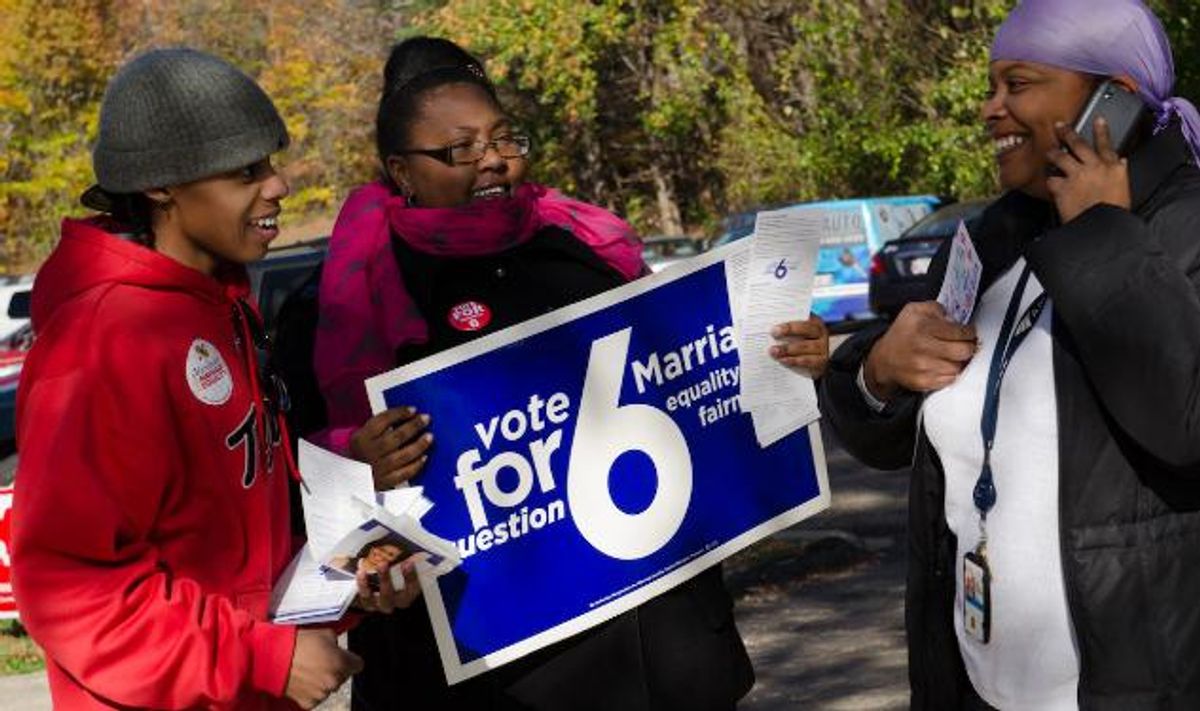



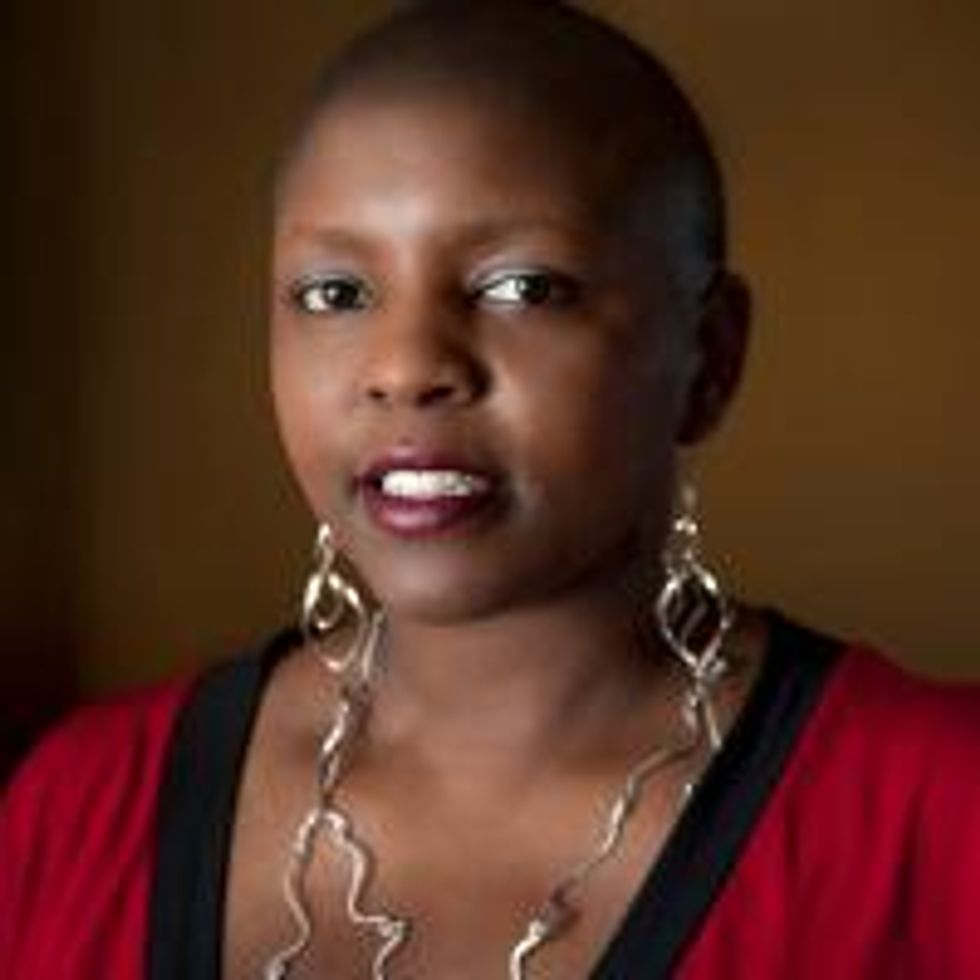 Do you think the African-American community is justified in feeling that the LGBT community has co-opted the civil rights movement?
Do you think the African-American community is justified in feeling that the LGBT community has co-opted the civil rights movement?



